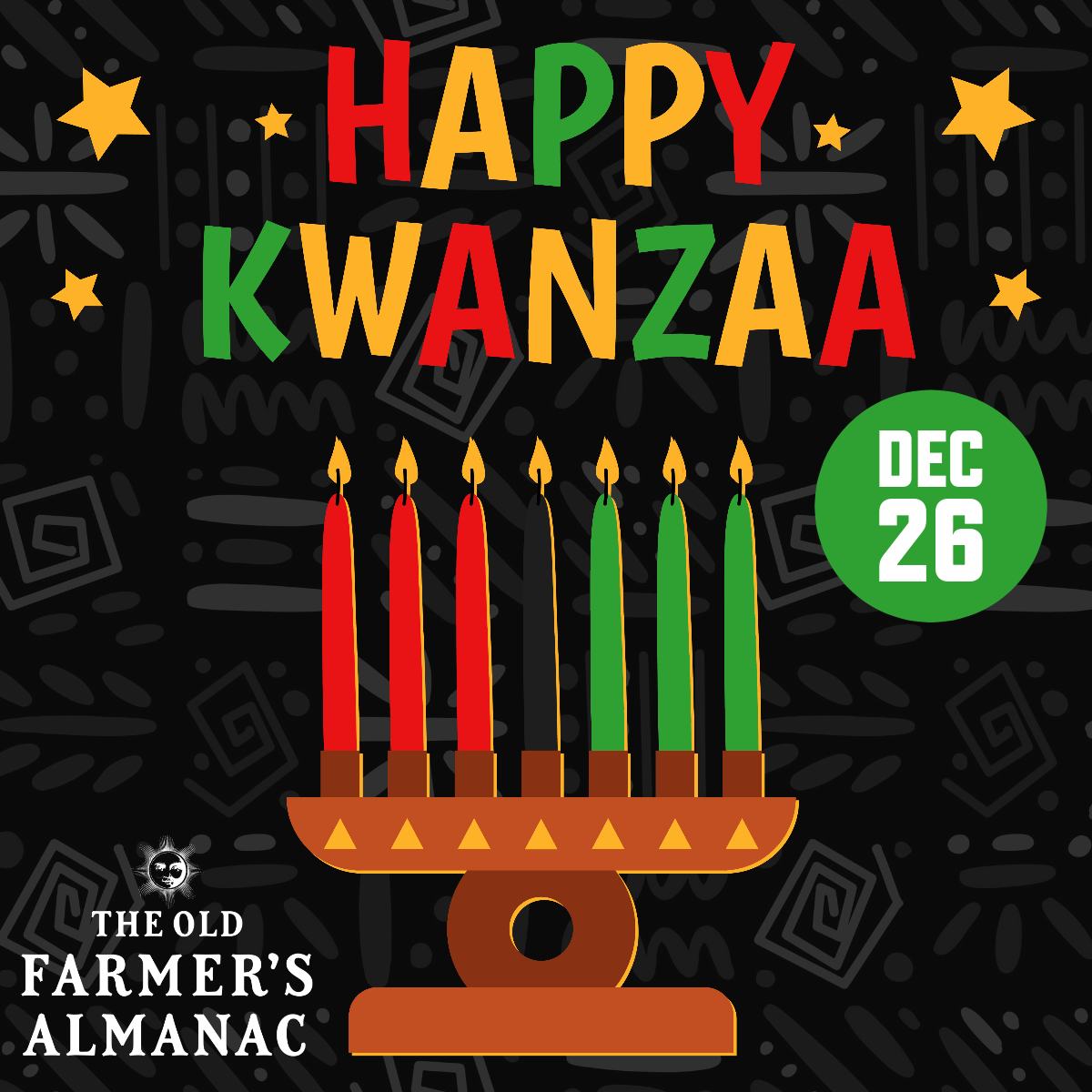
The Origins, Meaning, and Traditions of Kwanzaa
ADVERTISEMENT
Search: "With Christmas Barely Over, Flood of Kwanzaa Posts Hit the Media - Here's the Truth About the 'Holiday'
I am very upset by the tone and hatefulness of the comments here, especially at a time where we celebrate peace and forgiving!
I always thought that people who are reading the OFA are reasonable people with good values…
Advent candles picture which is Catholic on a website explaining something so stupid as Kwanzaa? Really?
Telling someone they're an "asshat shmuck twit" is hardly conducive to feelings of good will. Kwanza is a joke, even to most blacks, the majority of whom celebrate Christmas, not Kwanza. I won't even go into your despicable mention of Christmas and Hanukkuh being founded by a deranged felon, etc. Happy Christmas and don't forget to take your meds.
Curious. There's no mention in here of the genesis of Kwanzaa. Of the history of Karenga who was a criminal, a murderer and a domestic abuser. He also created Kwanzaa to take advantage of blacks.
There is nothing in Kwanzaa that makes any sense, from an African perspective.
And yet, articles, like this one abound. Why can't we just tell the truth. Or just ignore it.
A typical article about Kwanza, see the rest of the story at the Daily Caller “kwanzaa-was-concocted-by-a-deranged-felon-who-tortured-naked-women”
Yup !
So was Christmas and Hanukkah !
Ya silly silly Goof
This is the season of love caring acceptance welcoming togetherness giving sharing celebrating and here you are being a USDA grade A asshat schmuck twit. Grow the f@&k up !
Please focus on the good.
You will have a much happier, more fulfilling contented life.
Thank you and may God bless you and give you true wisdom and love for others.
Ron Everett, whom I arrested for inciting a riot at L.A.High School in 1966, changed his name to Ron Karanga in 1965. He was a snitch for the FBI, and did hard time before becoming a Professor of black studies, much like Angela Davis. He was a reprehensible flawed individual whose racism was boundless. For him to be the founder of anything is frightening. Total waste of black.













